2021 CAUSE Leadership Academy internship project
The CAUSE Leadership Academy (CLA) places interns in internships where they learn about and support civic engagement efforts. For this year’s virtual edition of CLA, interns participated and learned about the legislative process as well as participated in policy implementation through their internship at CAUSE. Through this internship, interns learned the ways the legislative process impacts communities as well as spearheaded an education and social media campaign centering APA voices.
APA ADVOCACY THROUGH POLICY
Introduced as Senate Bill 350 in October 2015, Energy Upgrade California (EUC) is a statewide initiative whose goal is to motivate and educate residents and small businesses about energy management. The initiative was created to help California double its state energy efficiency and reduce greenhouse gas emissions by 40% by 2030.
The initiative’s 5-Year Plan included focusing outreach efforts to African American, Hispanic, and Asian communities. Considering 16% of California’s population identifies as Asian Pacific American (APA), APA voices and experiences are important to include in every step of the legislative process, from policy development to execution. As such, CLA interns were tasked with executing a social media campaign to include and elevate APA voices and community practices of energy conservation.
Through research, engaging in panels, and participating in leadership roundtables with APA leaders across various sectors, the cohort gained insight into important issues facing APA communities. Subsequently, the cohort created a campaign centering APA voices and uplifting culturally relevant energy conservation practices, emphasizing the value and impact of diversity and inclusion in the legislative process.
The campaign included educational infographics, spotlights of elders in the community committed to energy conservation work, and calls to action for people to get involved and advocate for their communities. As of now, the campaign has reached more than 3,000 people directly and 20,000 people indirectly.
Learn more about the campaign and findings
the CLA 2021 cohort compiled and designed below:
MULTI-MEDIA DIGITAL CAMPAIGN
LEARN
While exploring the diversity within the APA communities’ energy conservation practices, the cohort also reflected on their own experiences. Culturally rooted practices, such as turning off unused lights and reducing air conditioning use, emerged as a commonality among the interns and community members. Discover more practices like these below:
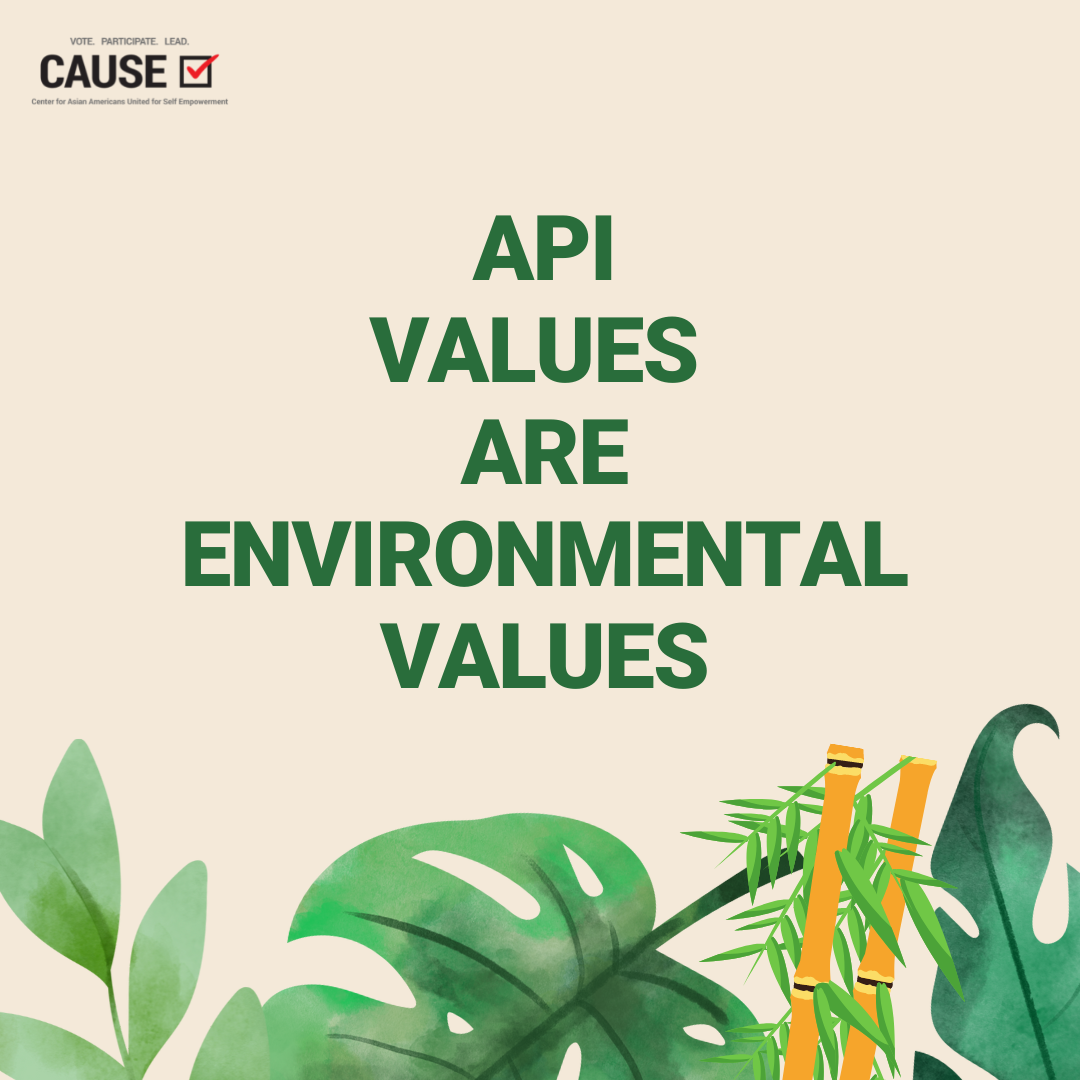
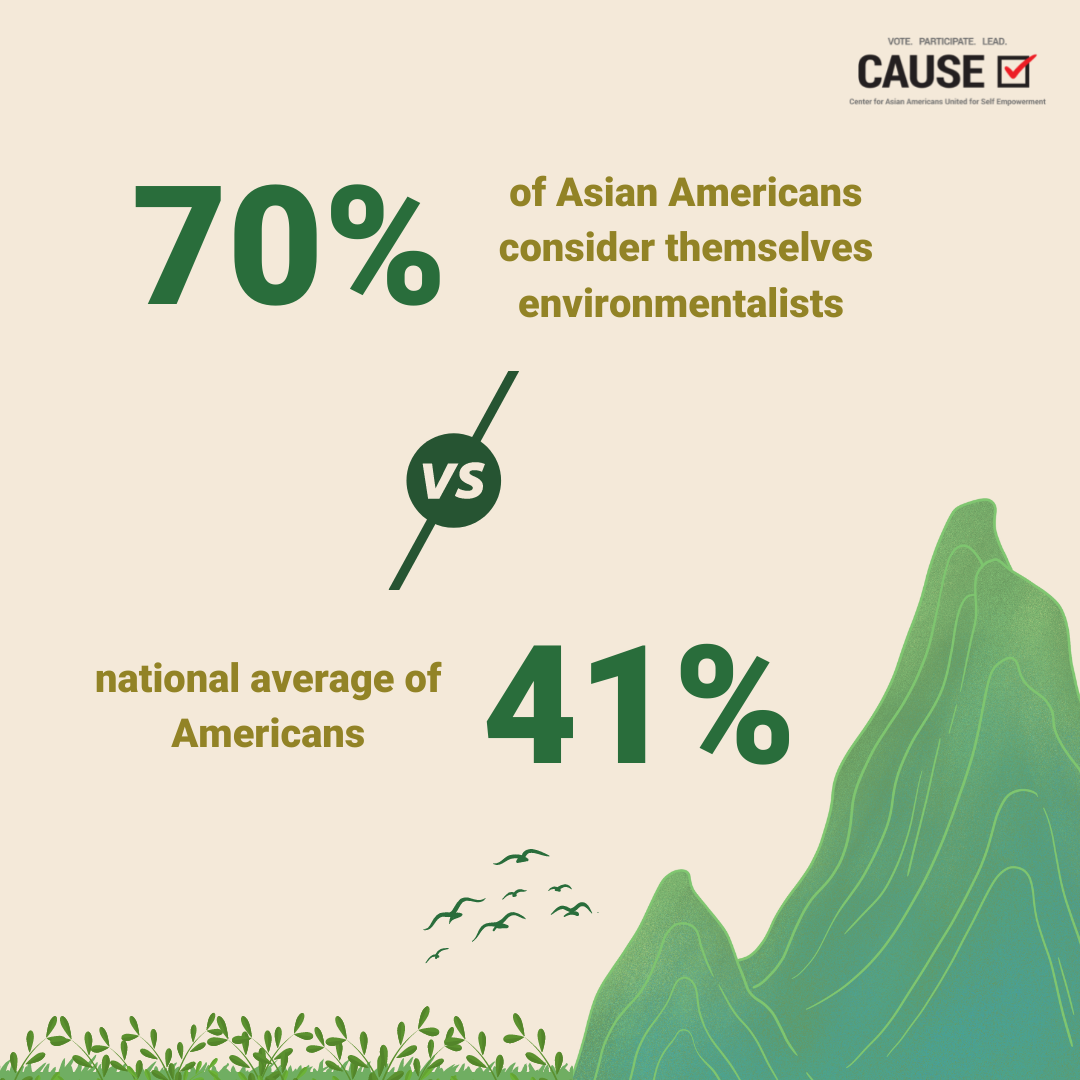
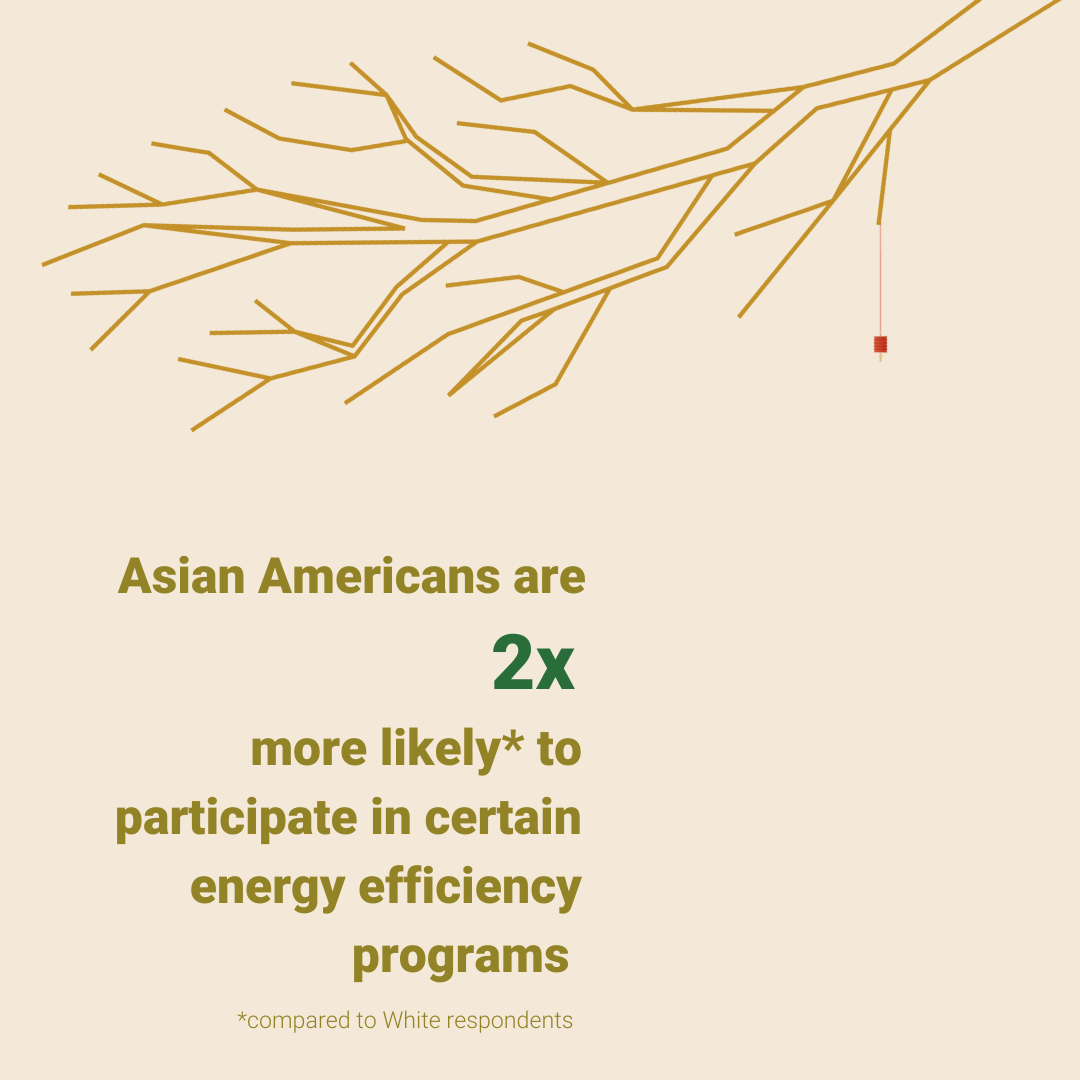
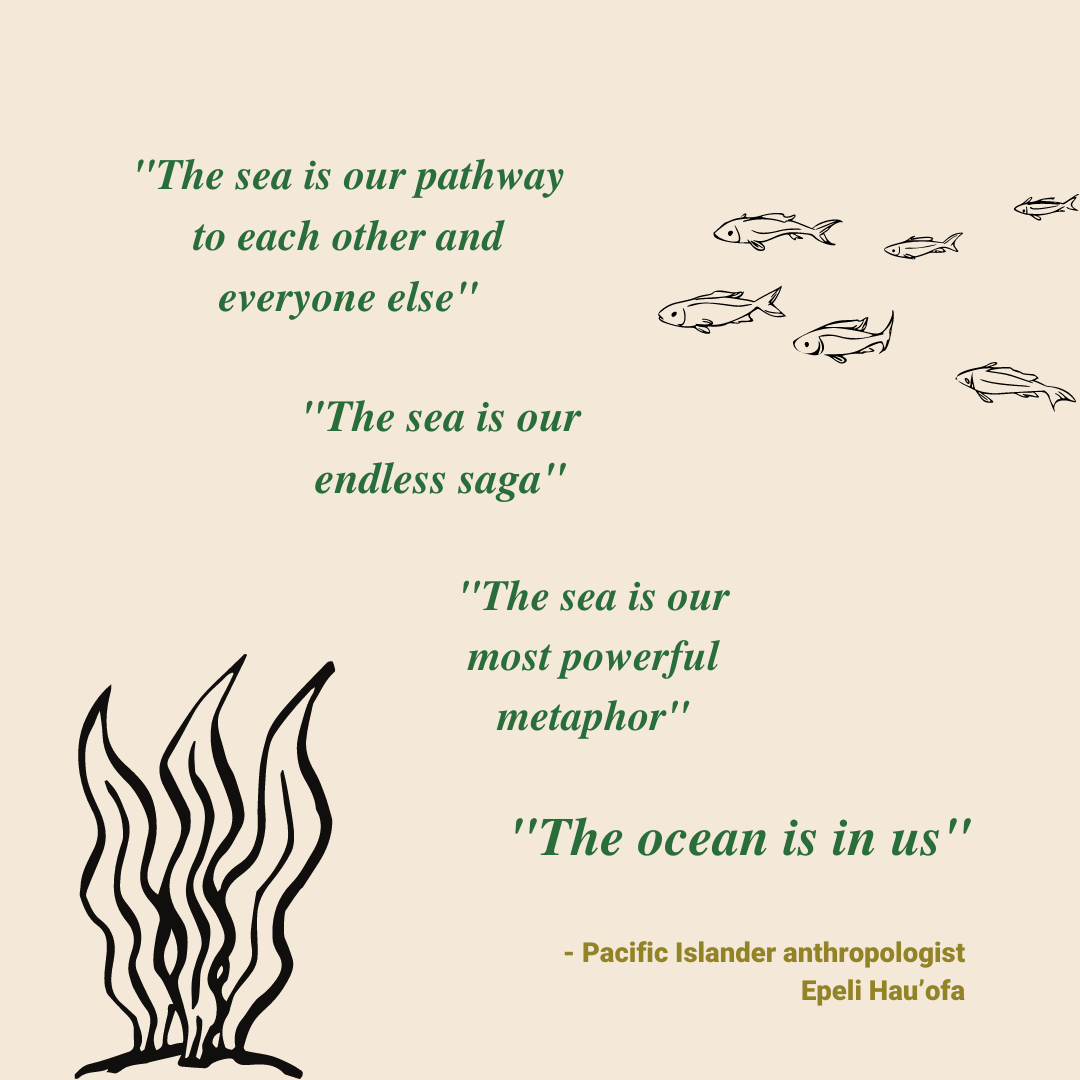
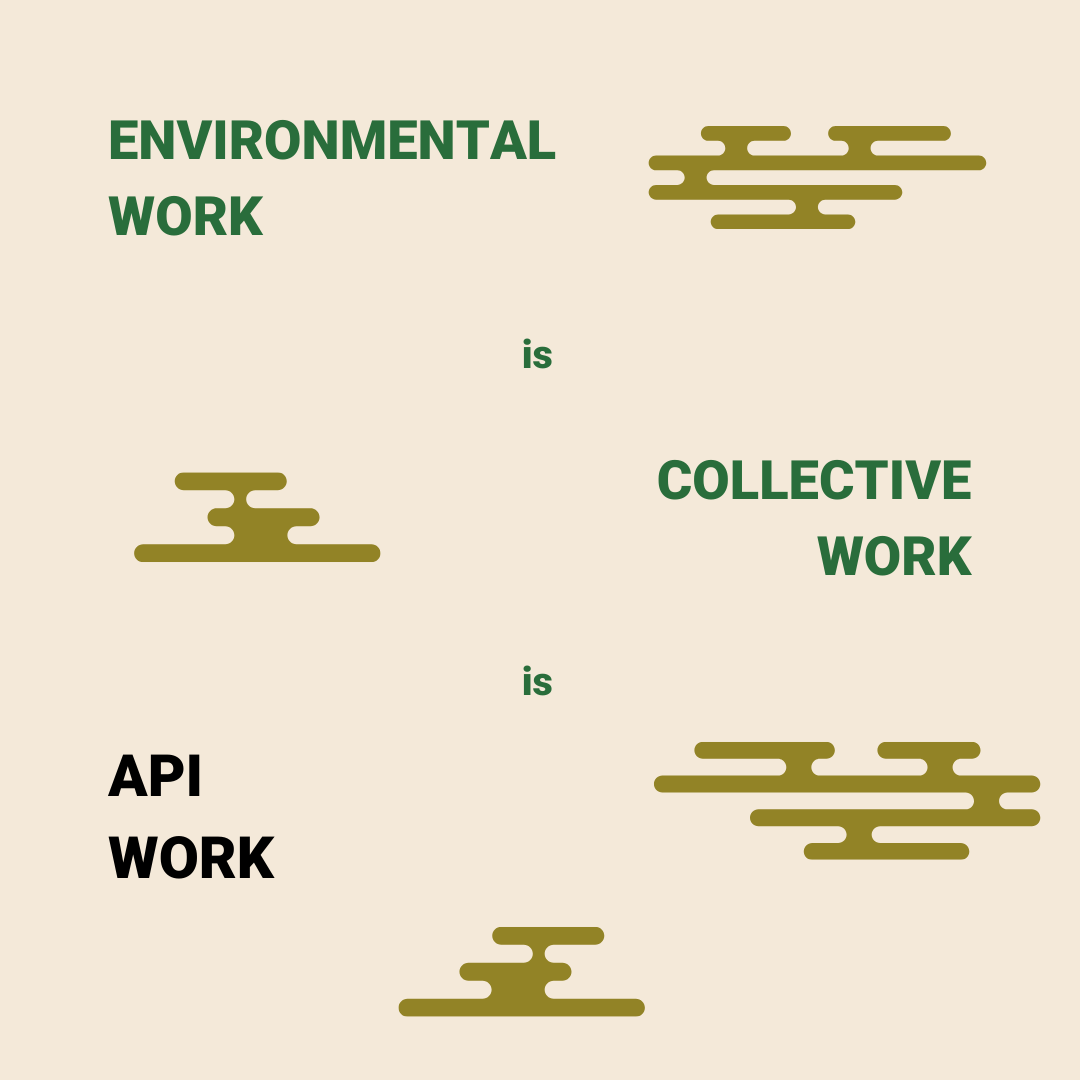
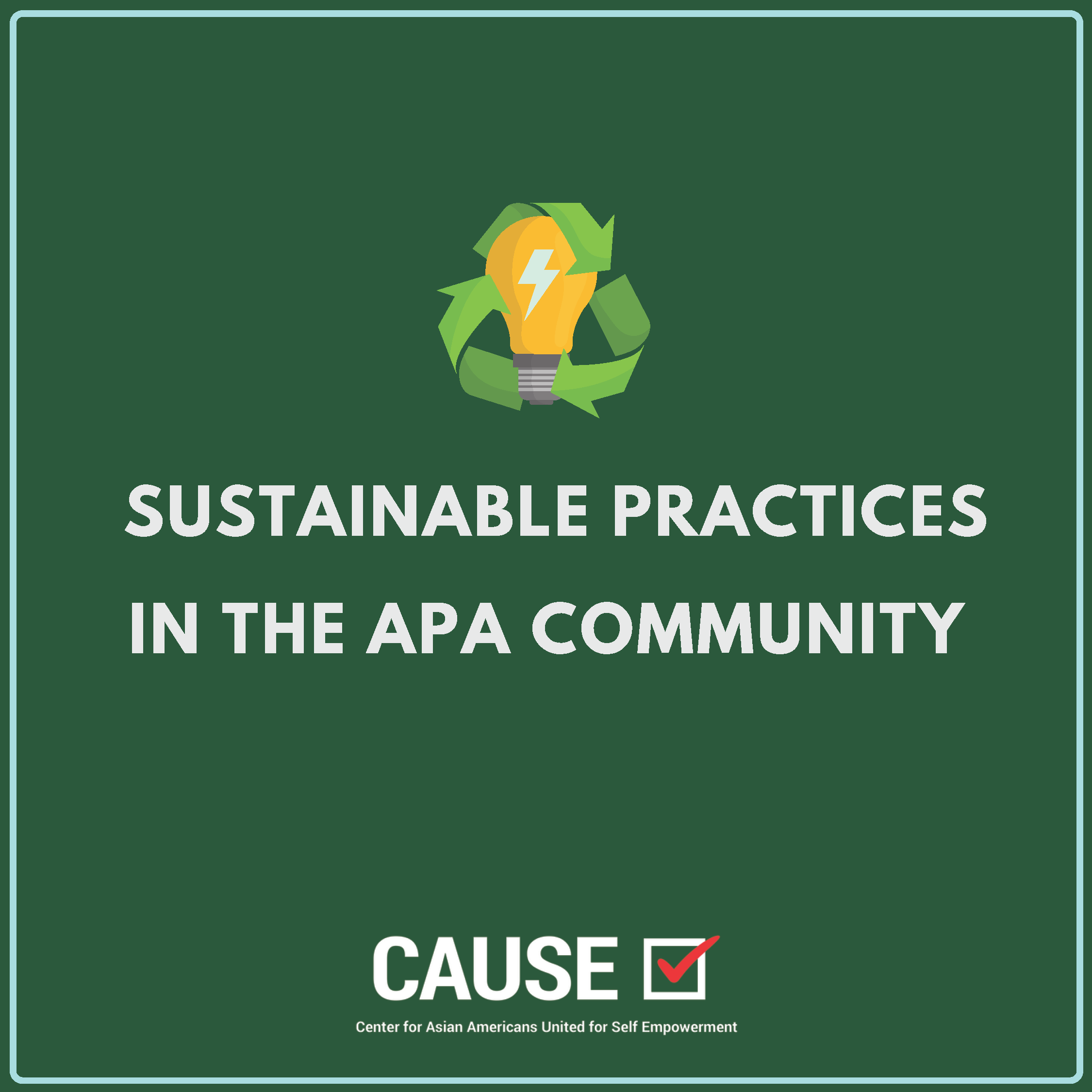
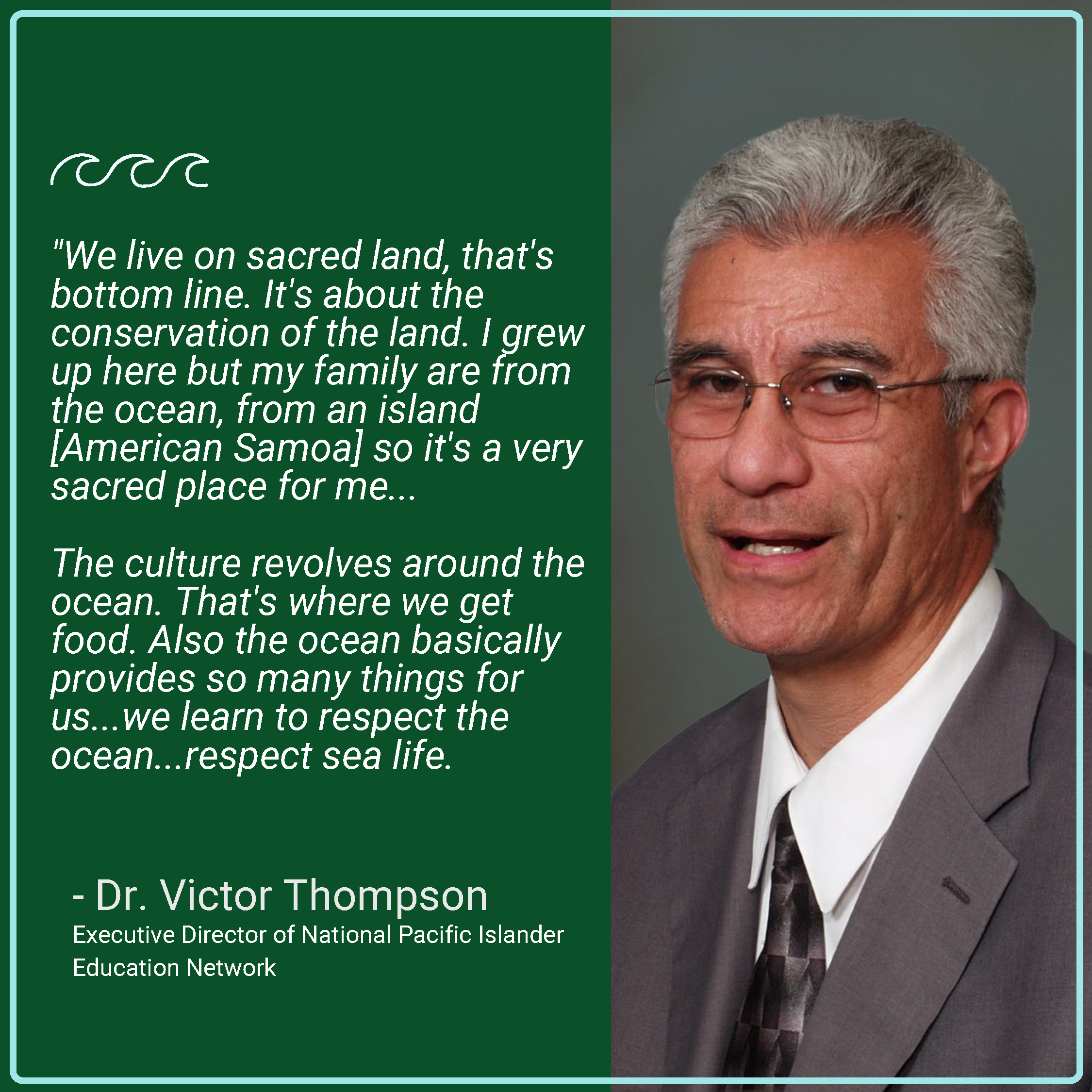
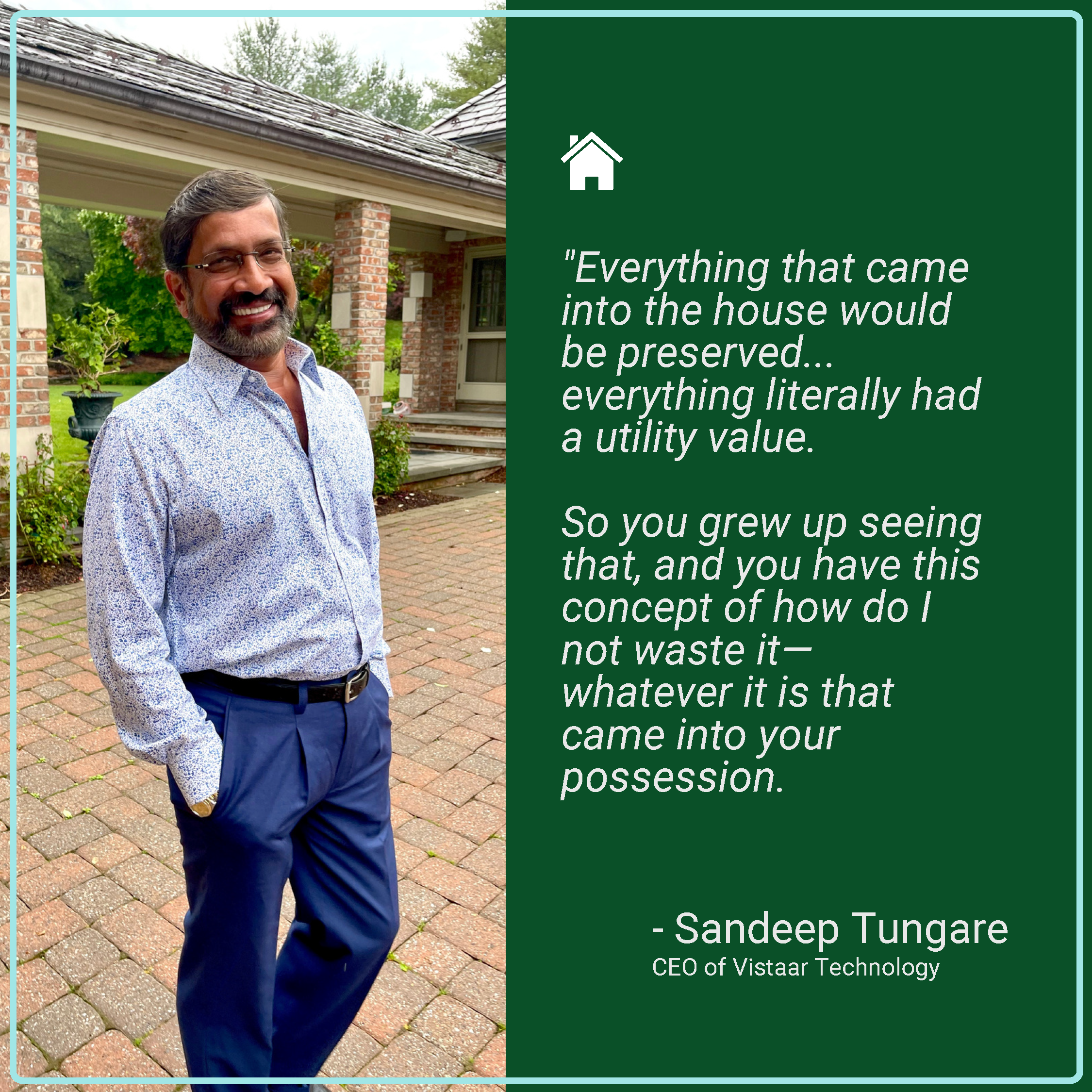
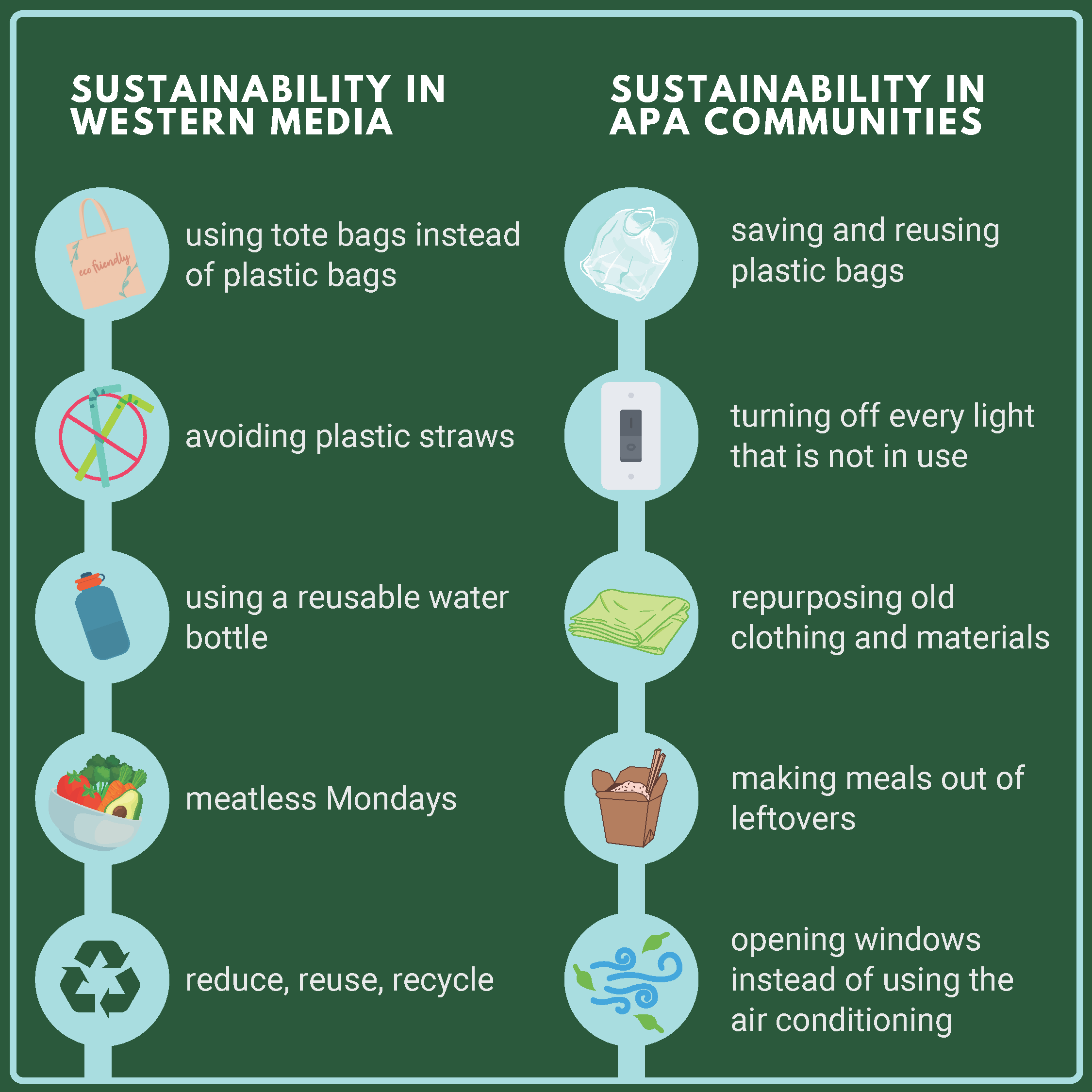
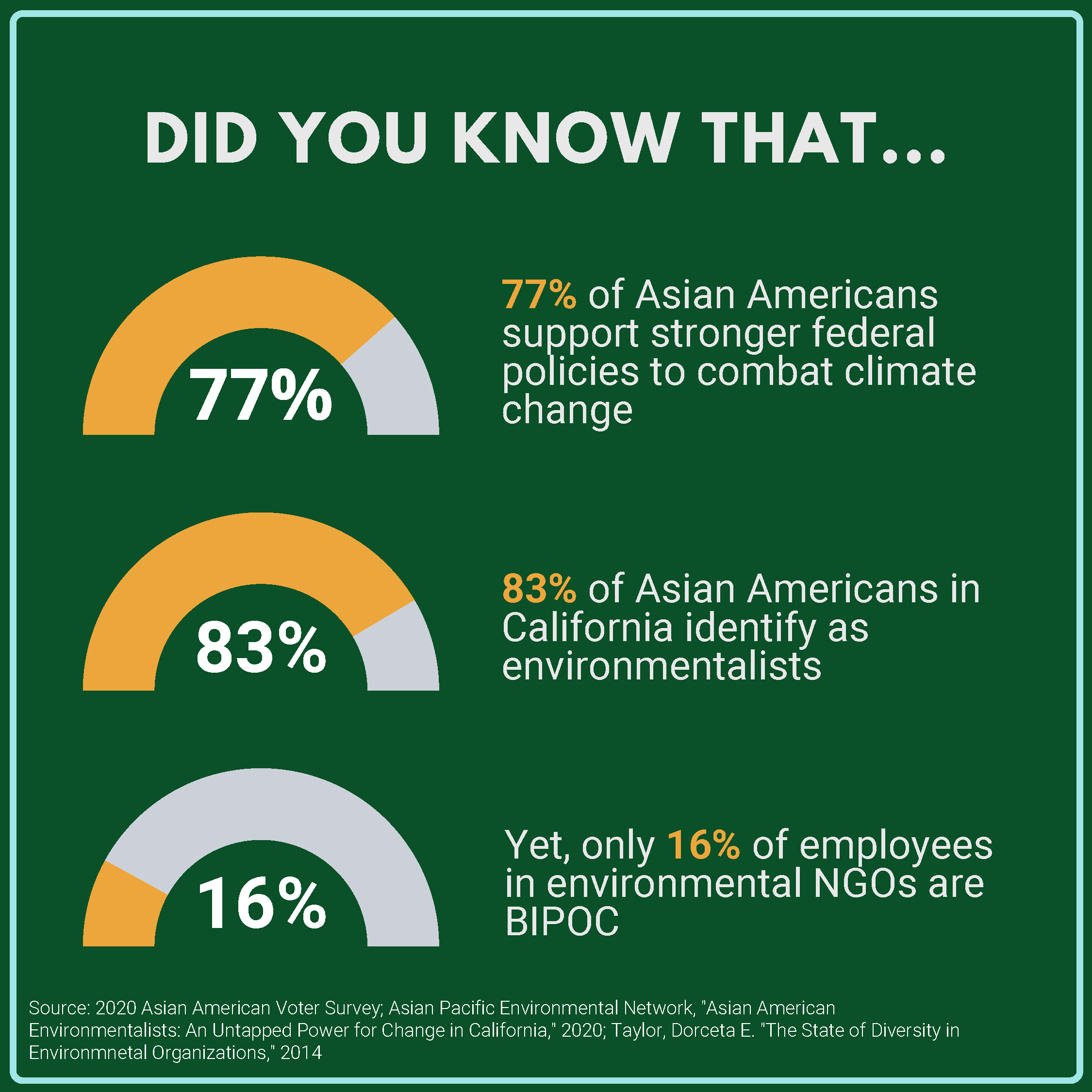
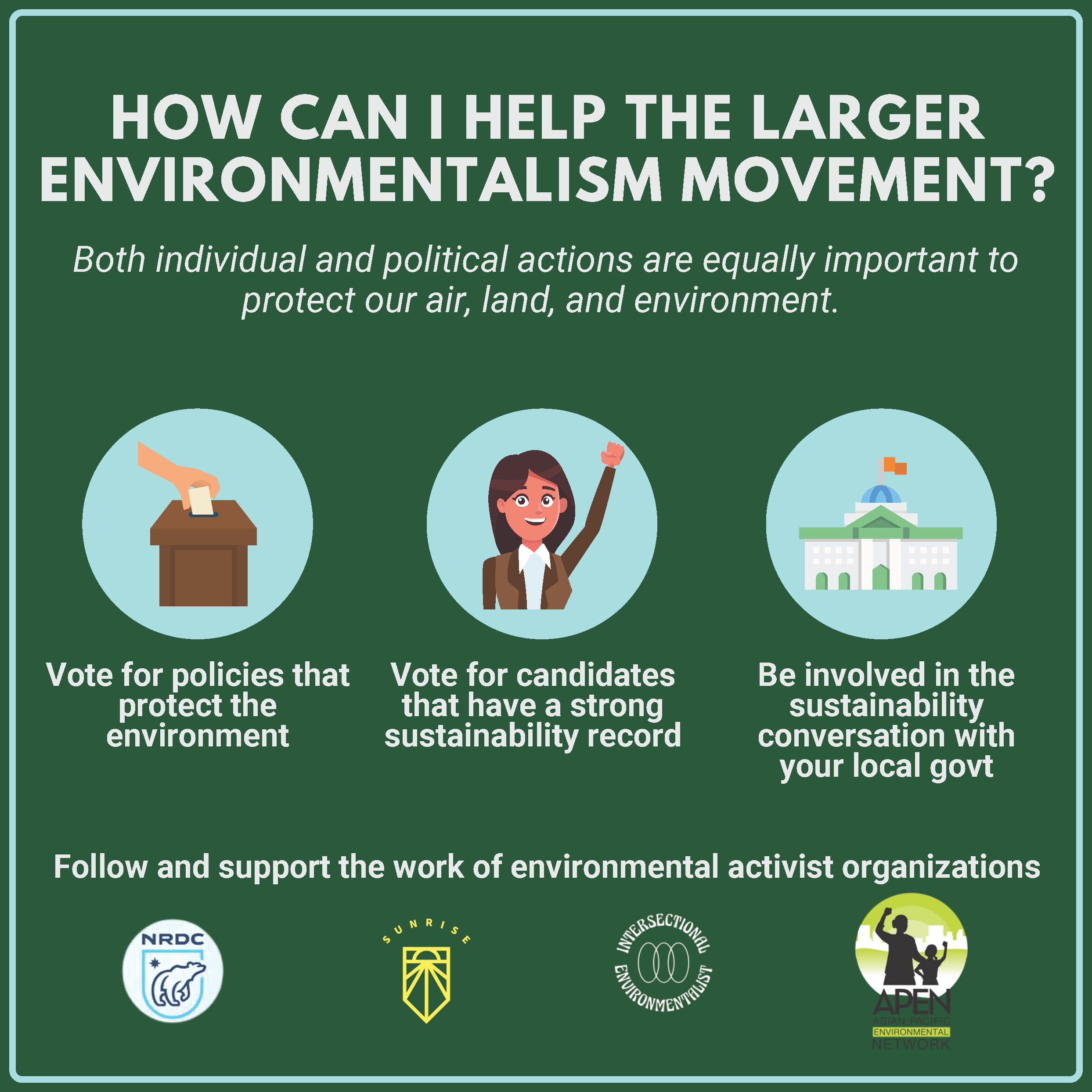

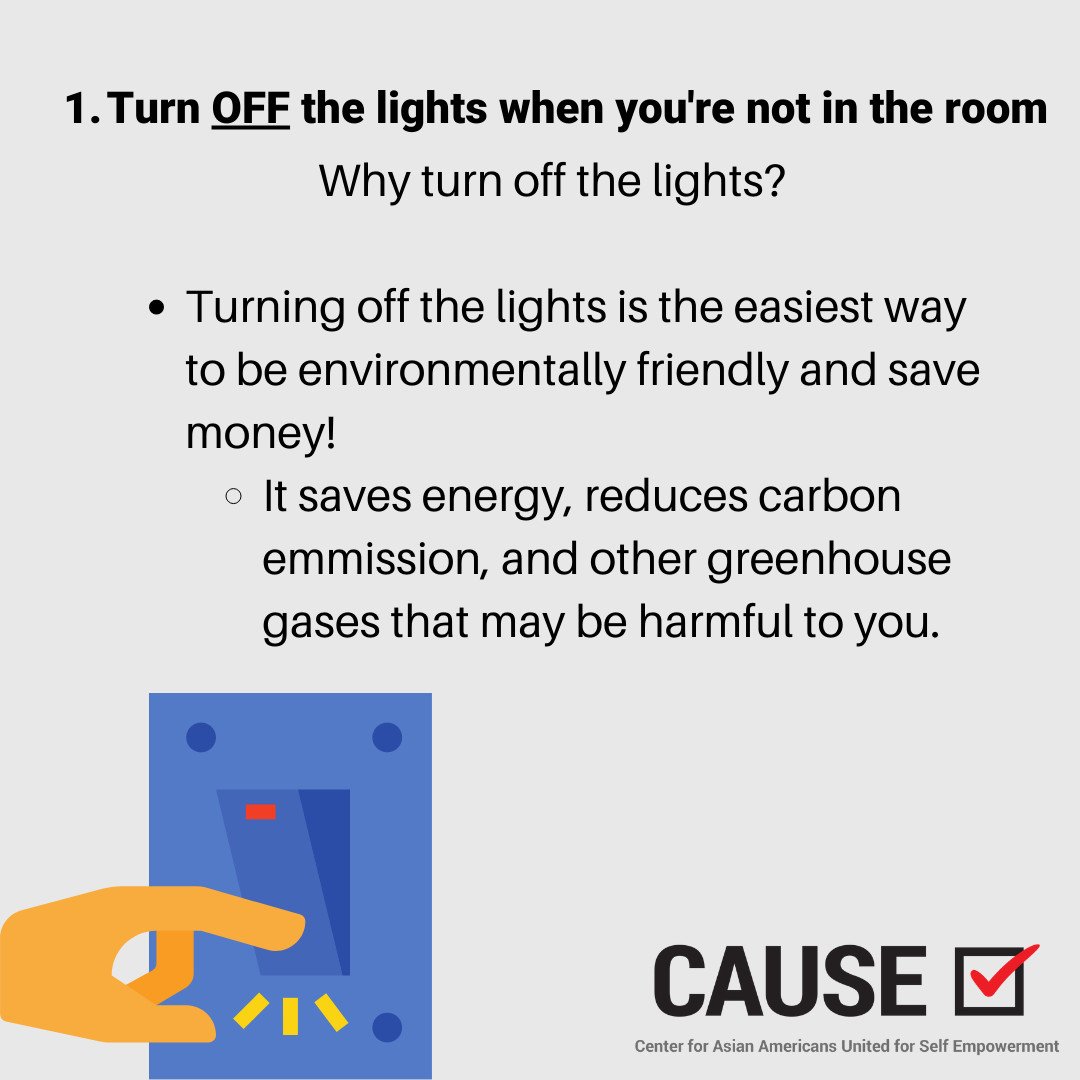
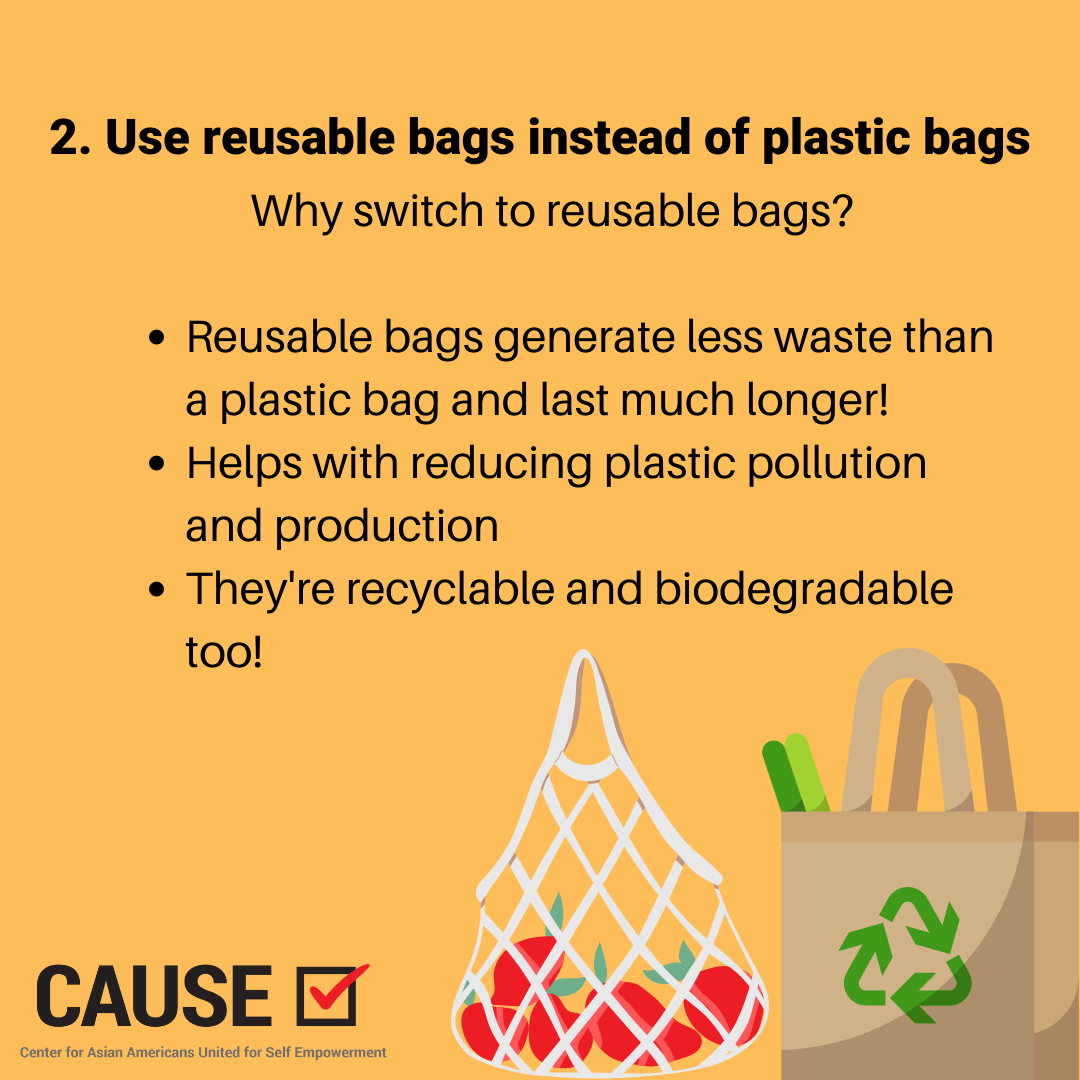
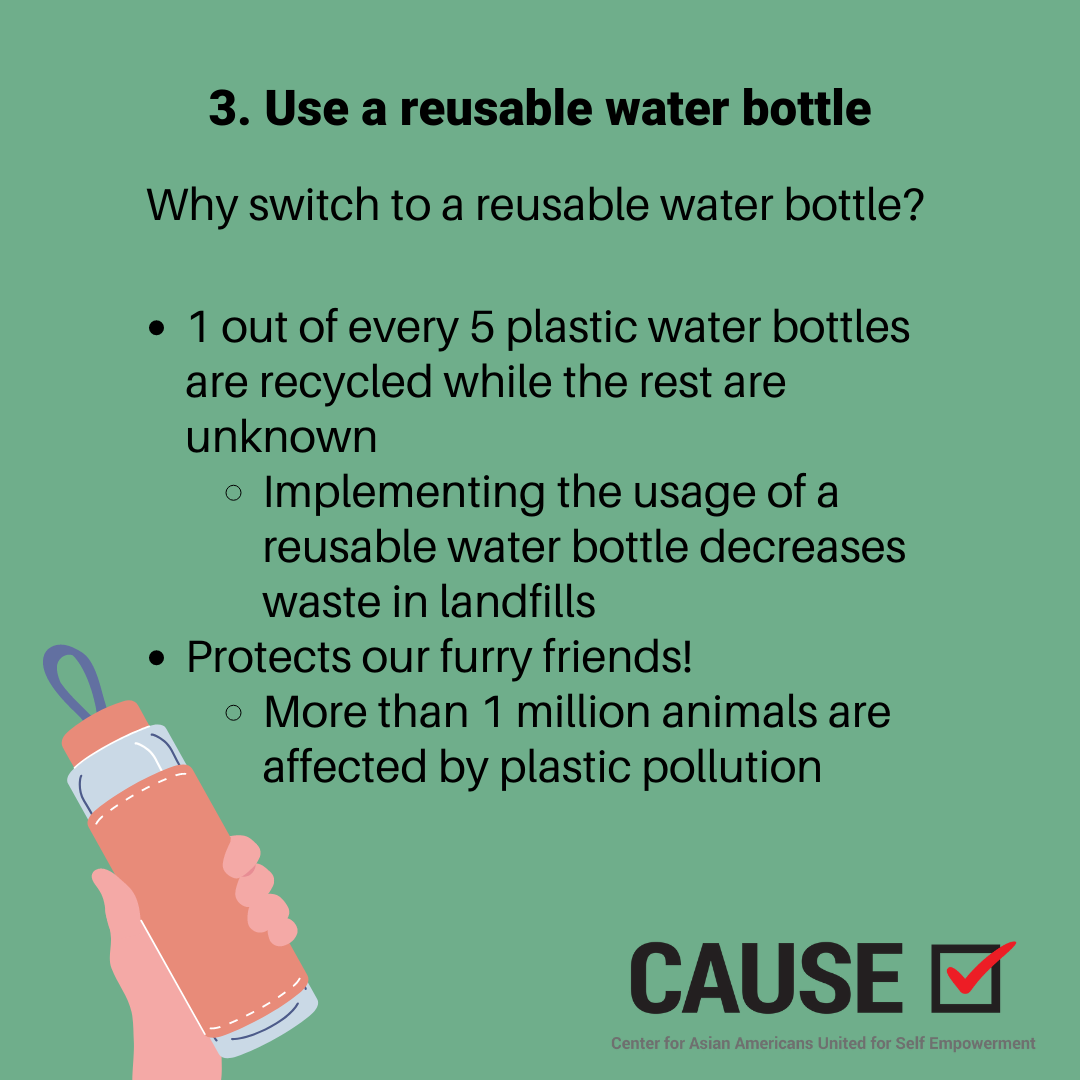
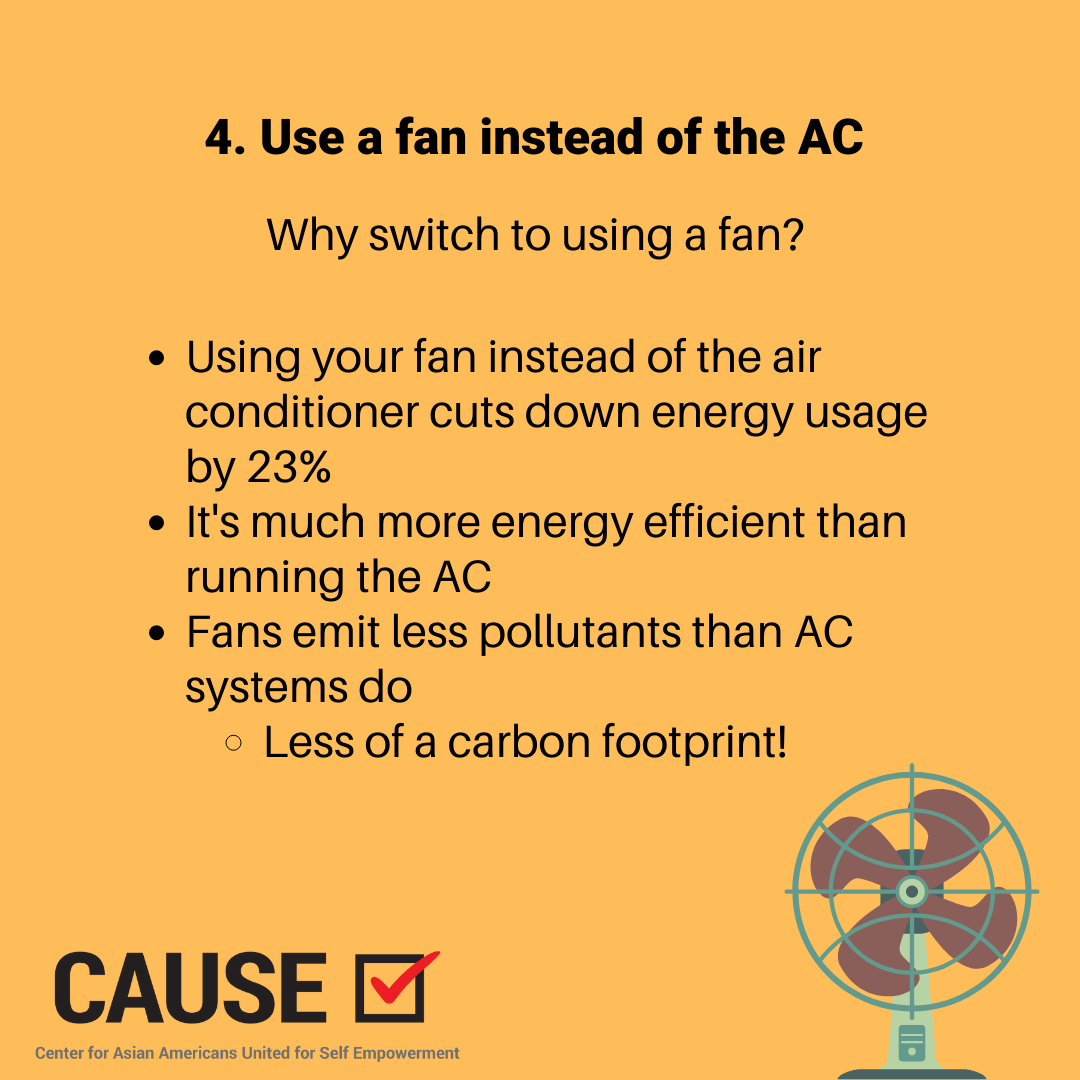
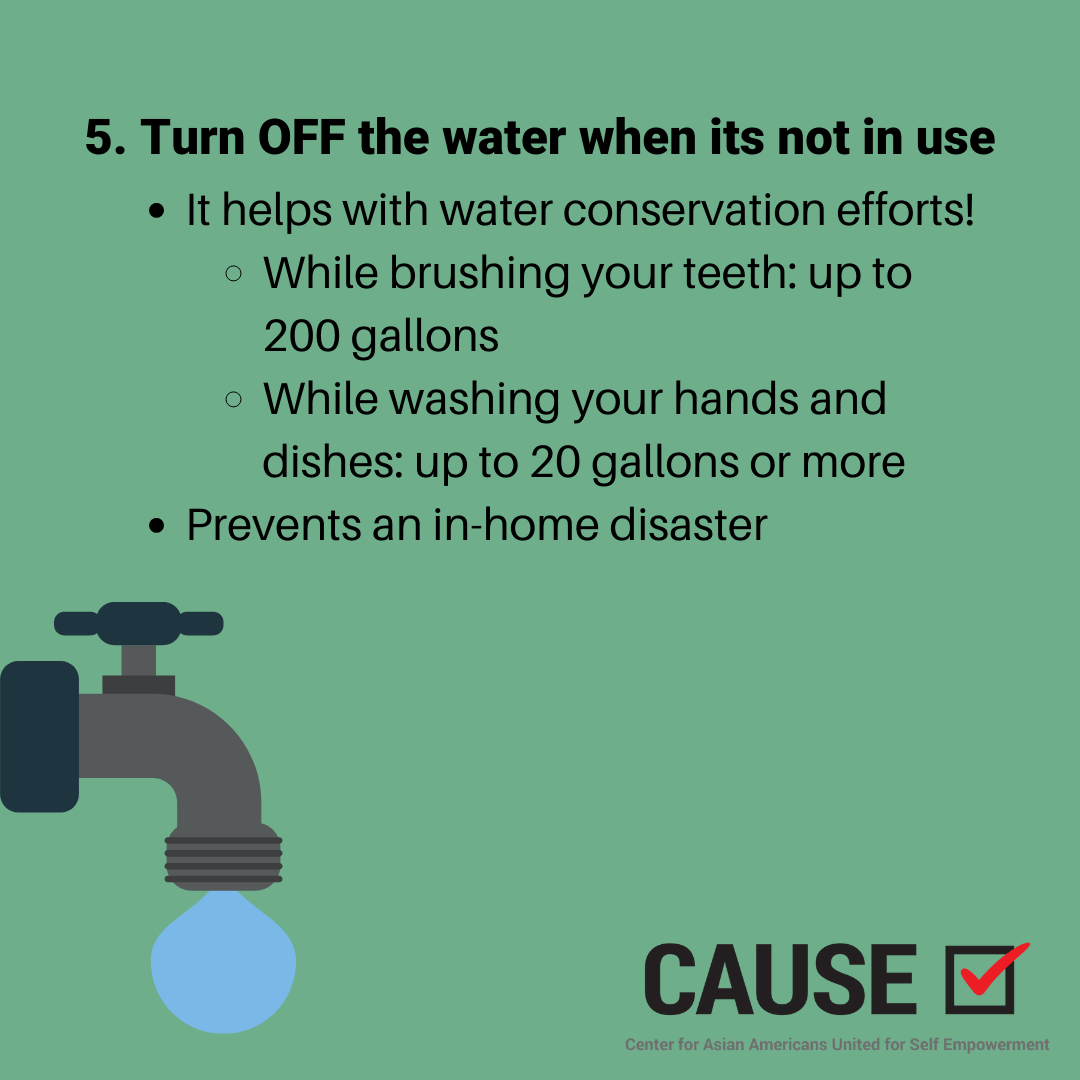

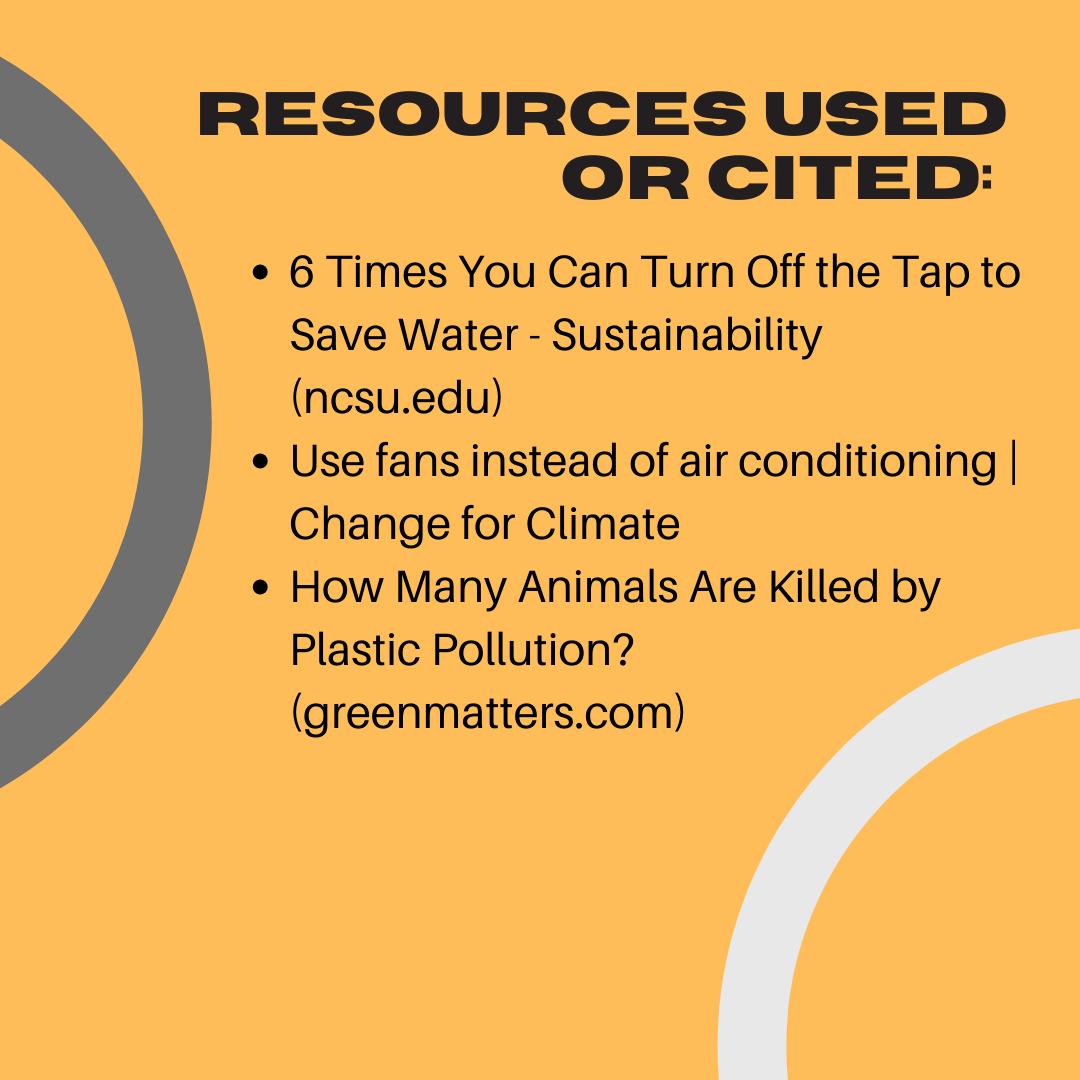
LEAD
Beyond implementing and continuing the above household practices, environmental advocacy within our communities ensures our impact goes beyond our homes. As interns explored, “leading” can look different in each community: leading by example, leading community efforts, leading energy conservation habits within households, and much more. Learn more about ways that you can lead in these graphics below:
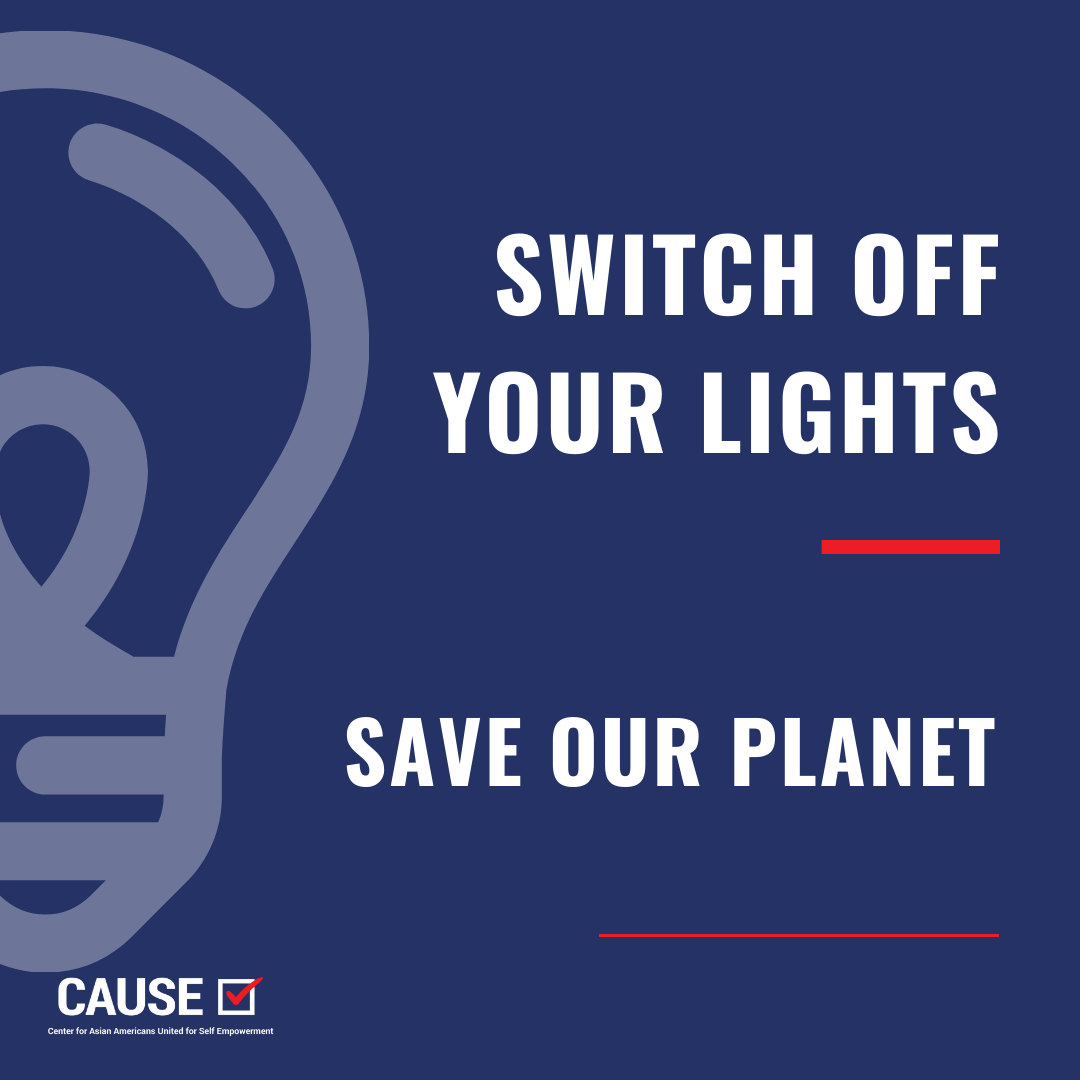
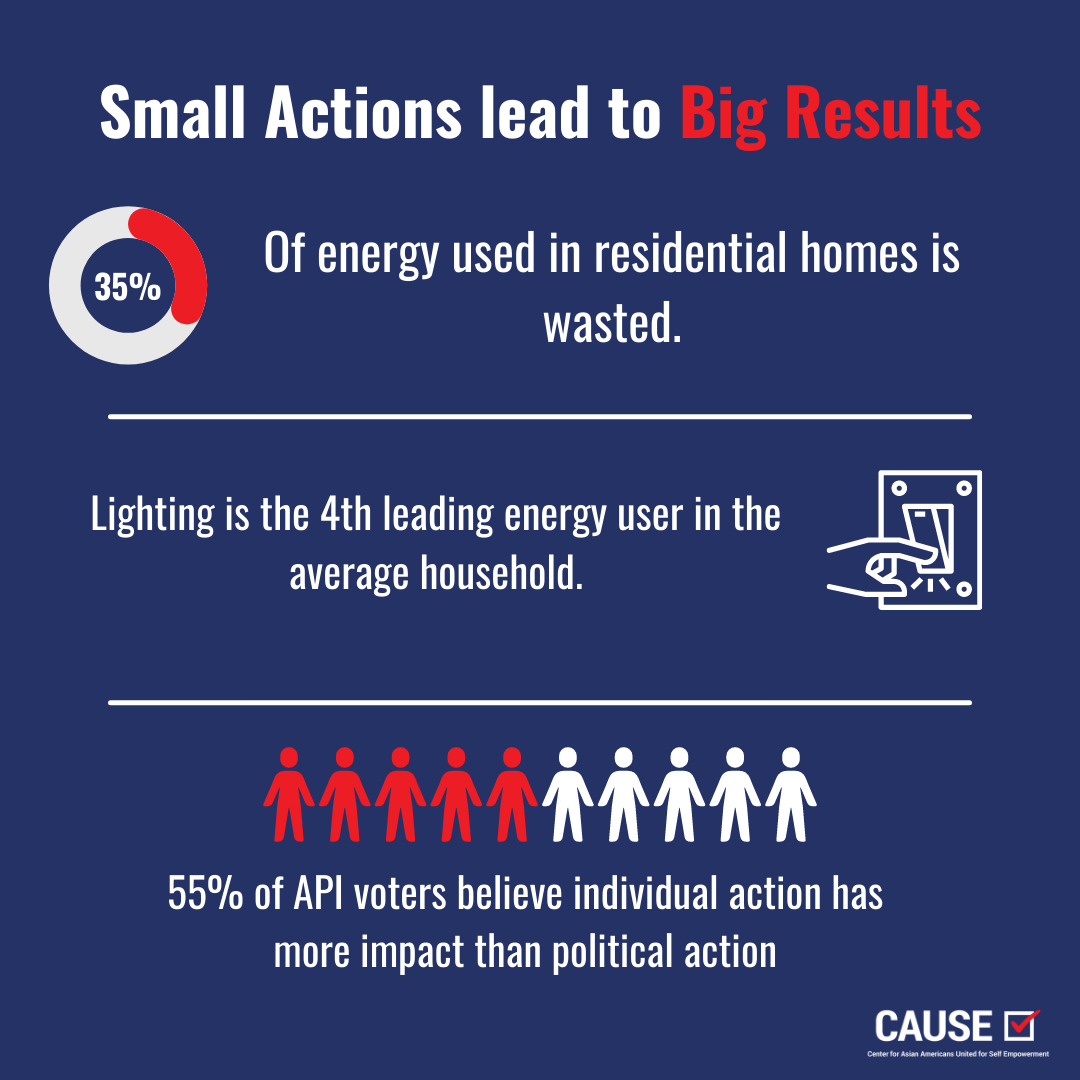
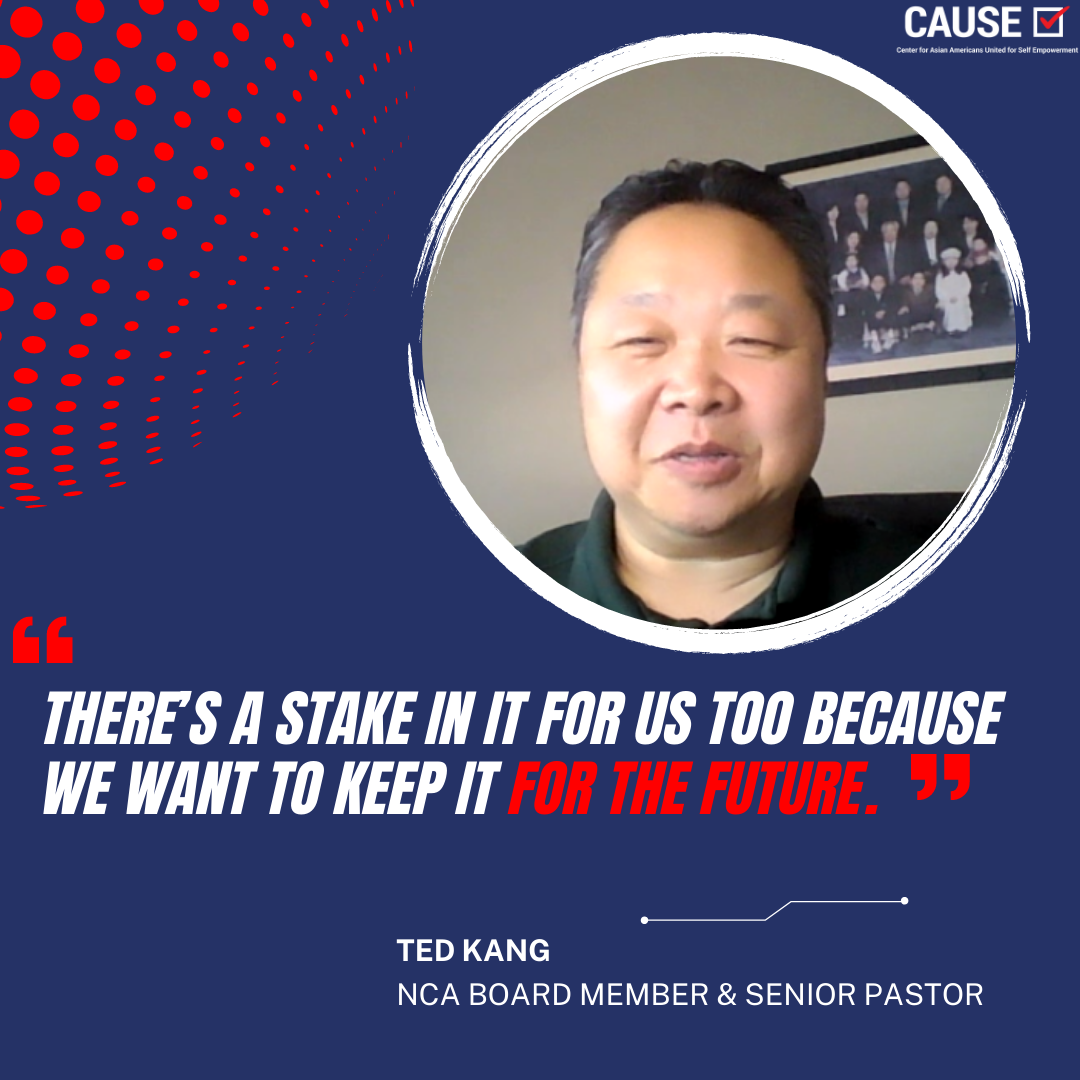


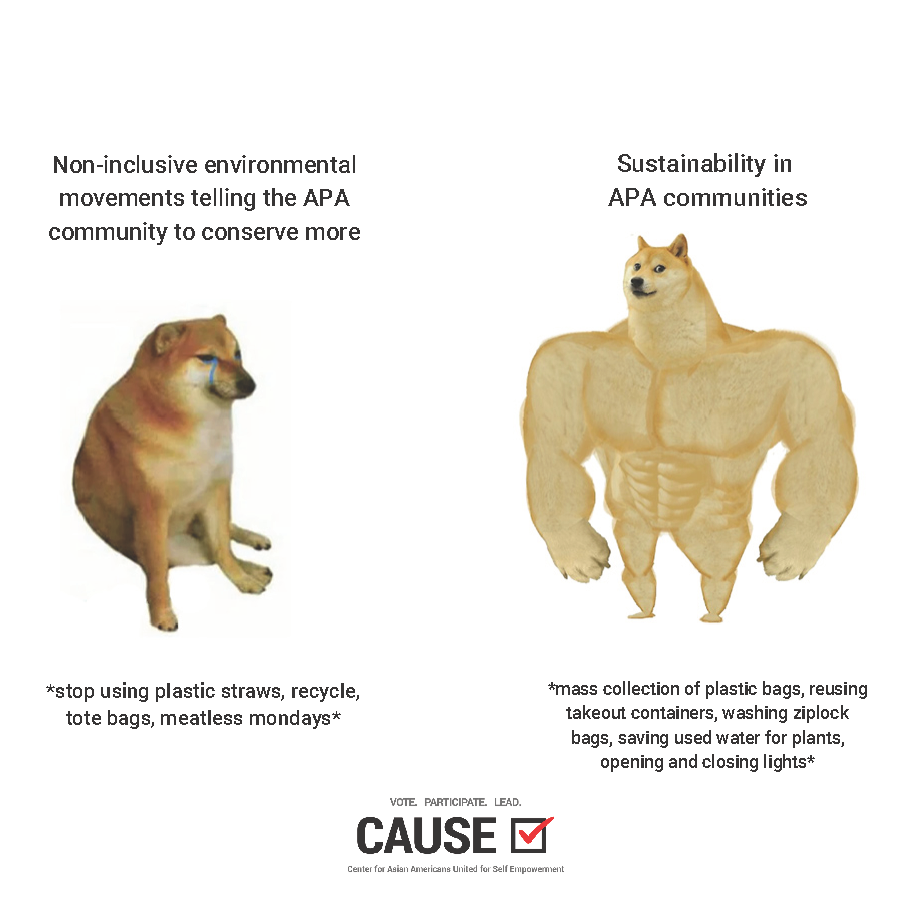
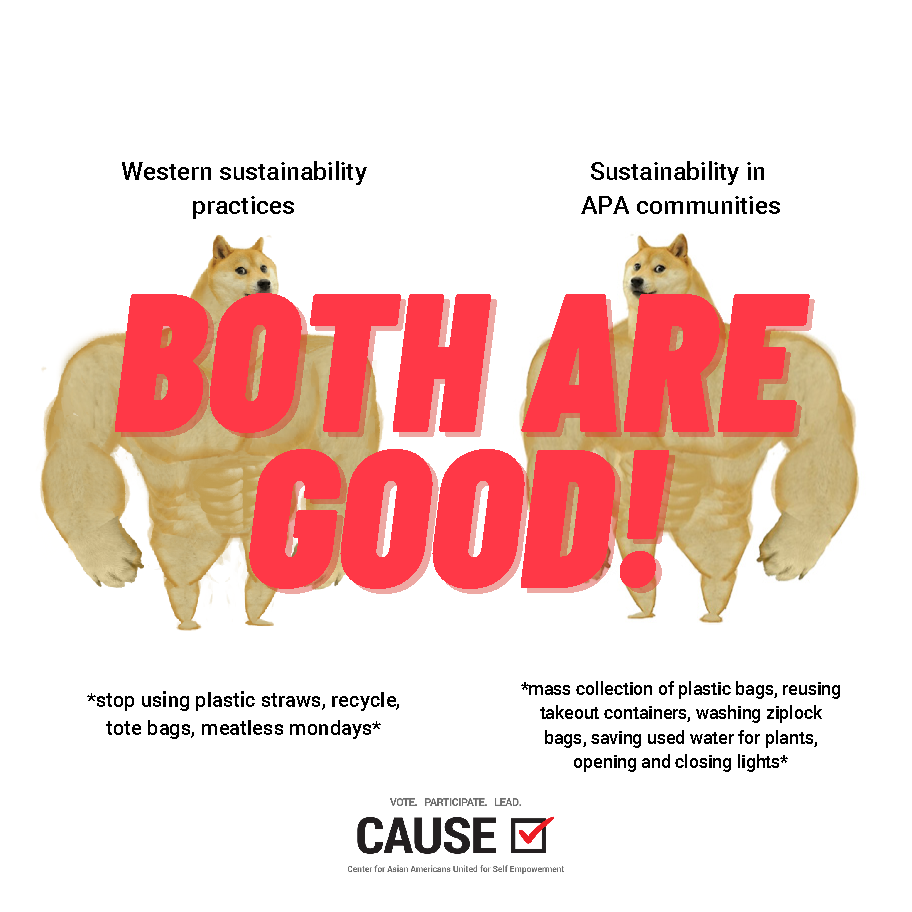
INTERVIEWS WITH COMMUNITY LEADERS
CLA Interns also interviewed community APA elders to highlight their experiences and spotlight their stories surrounding energy conservation. In this research, many of the interns saw connections between immigrant experiences and the APA cultural values of collectivism and bayanihan. Read the blog posts below:
WATCH THE PRESENTATION
TAKEAWAYS
After engaging in this legislative process, the interns gained a clear understanding that including APA and communities of color perspectives are integral in expanding the impact of policy and community efforts. Considering APA perspectives and listening to their voices only guarantees outreach is made to the hardest to reach communities. For their efforts, the 2021 CLA cohort was recognized nationally and awarded Third Place for Project of the Year by Civic Leadership Academy. In addition, 2021 CLA alumnus Shanahan Europa was also recognized as one of Civic Leadership Academy’s Intern of the Year.
As California approaches its 2030 energy goals, it is important to uplift the contributions of APAs and, more broadly, the Black, Indigenious, and People of Color communities (BIPOC), especially since environmental health hazards disproportionately impact BIPOC communities in California.
CAUSE welcomes you to explore the cohort’s work on CAUSE’s social media platforms and share them with your networks.
Another way to get involved and make a difference is by following and participating in environmental organizations. Interns recommend the following the organizations listed below:

